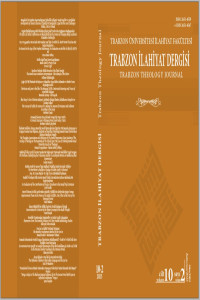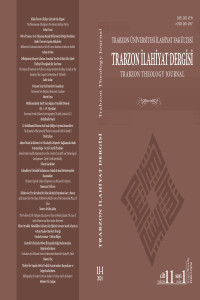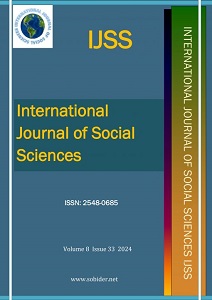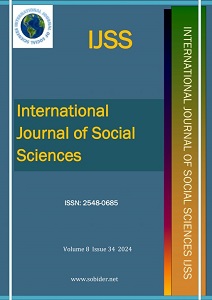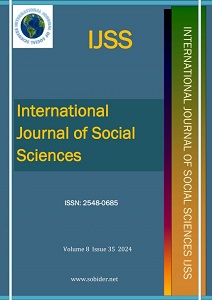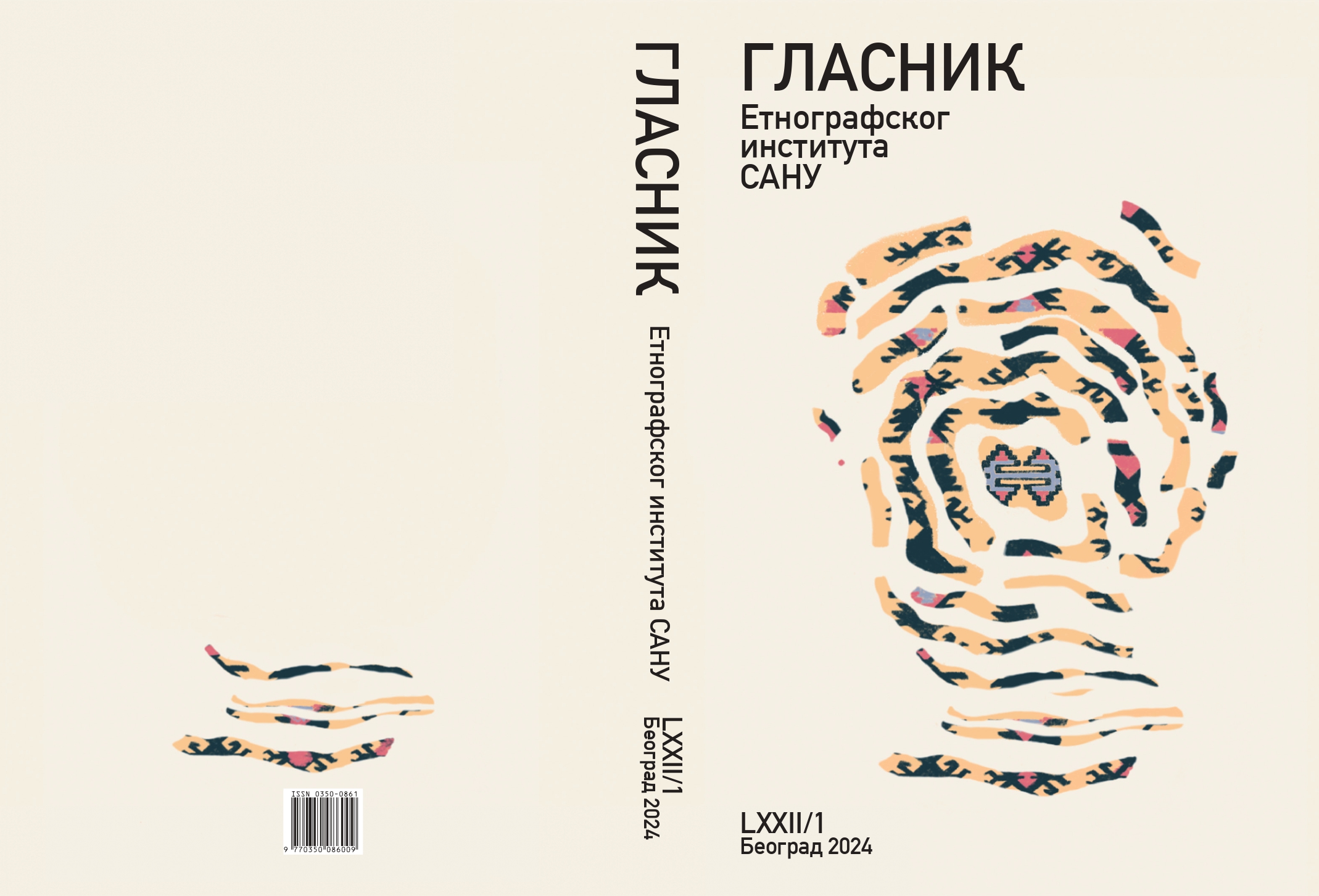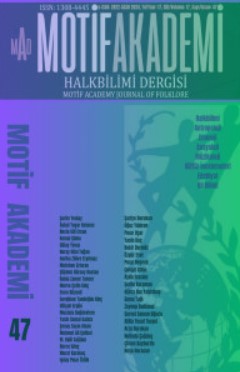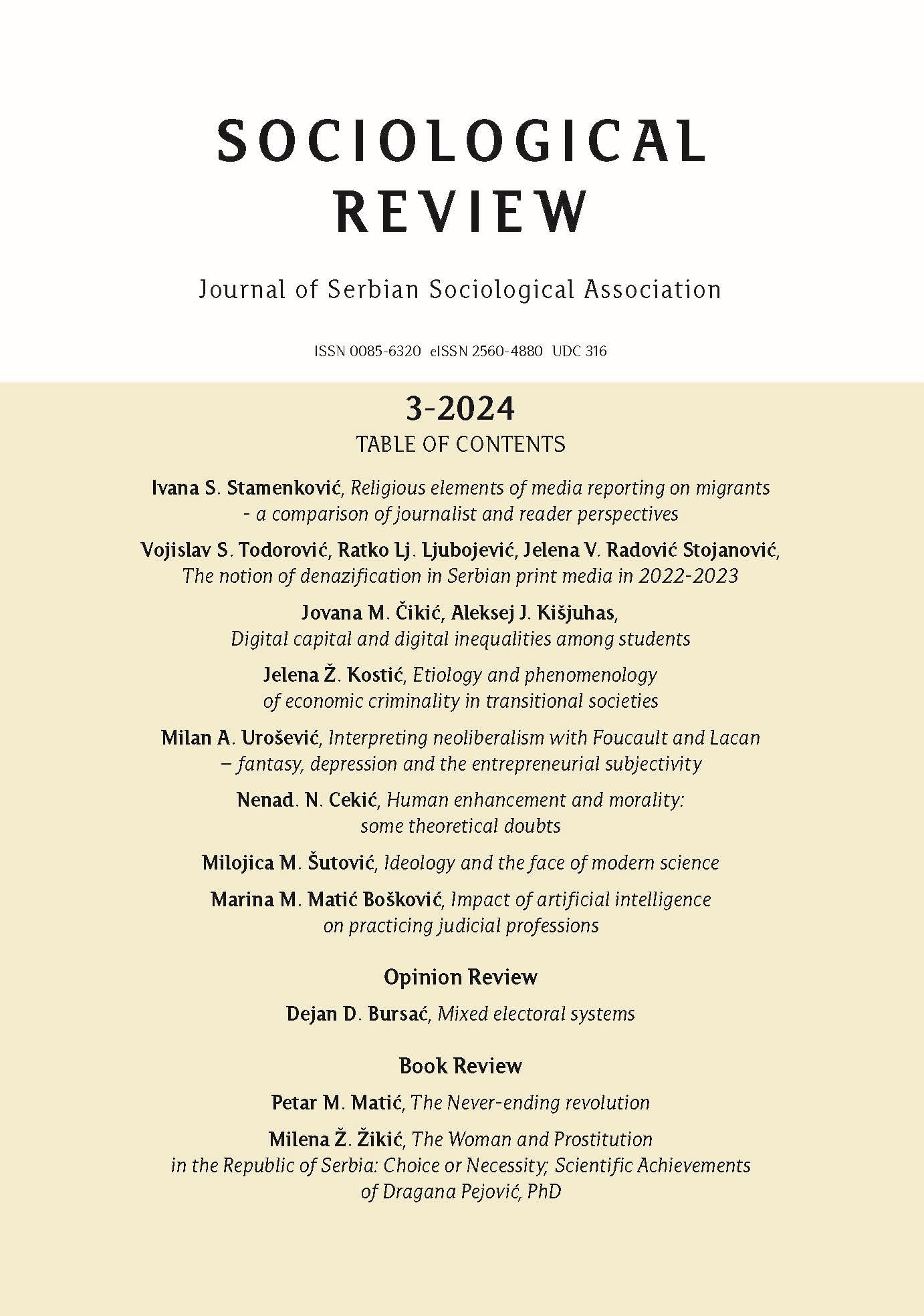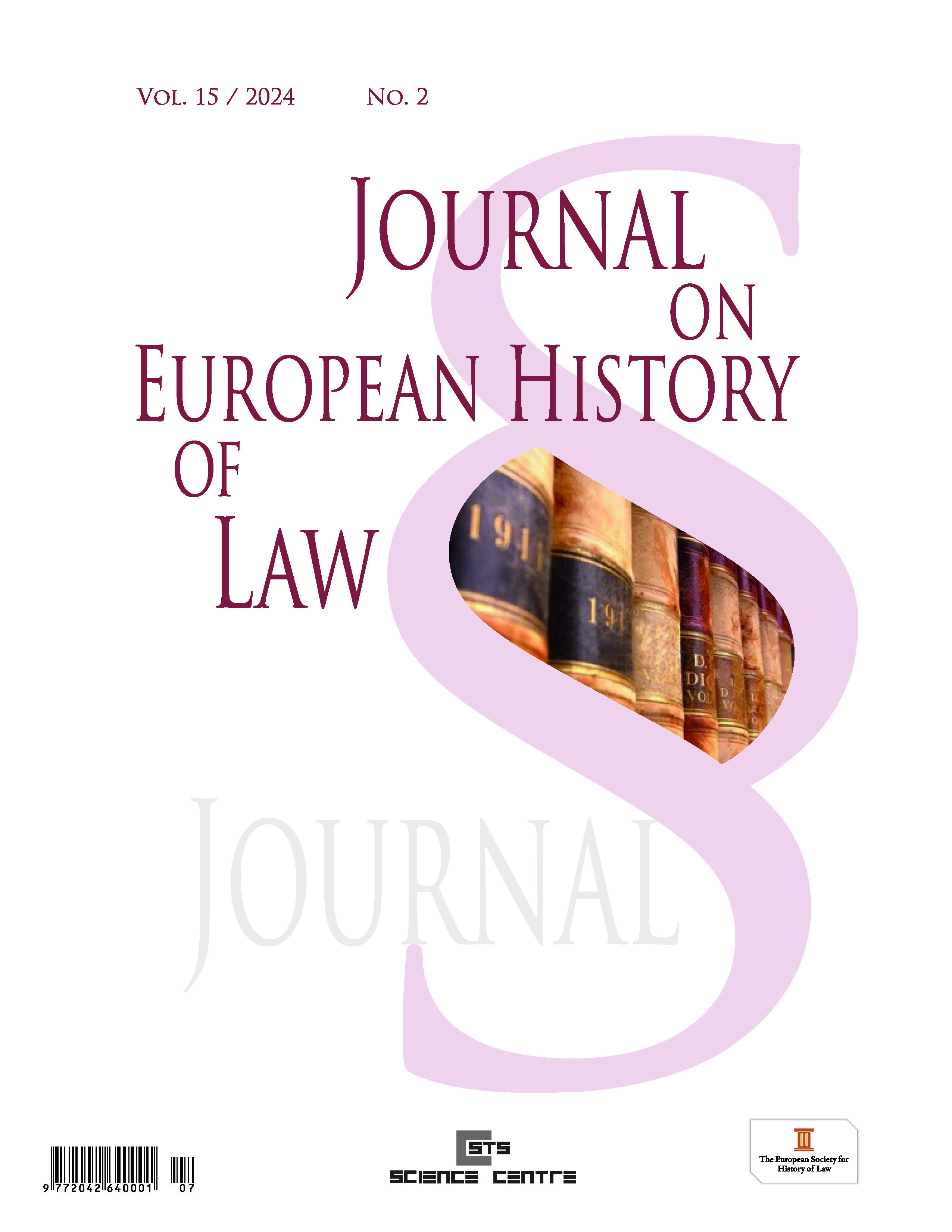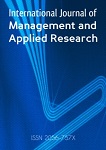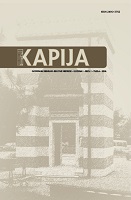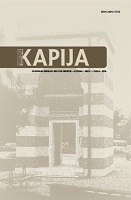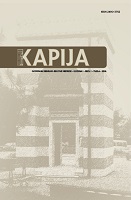
Islam as Method
This essay presents “Islam as Method” as a multi-dimensional approach that serves as an academic framework, a process of engagement, and an activist strategy. It argues that Islam, in the “Islam as Method” thesis, is an ontological category rooted in a commitment to divine unity and ethical principles such as justice (‘adl), dignity (karama) and excellence (ihsan). These commitments enable Muslim activists to assert intellectual and cultural autonomy beyond Euro-American academic, political, and ideological constraints. Drawing on examples from Islamicate contexts, this multi-dimensional approach recognizes the diversity within Islamic traditions while identifying common ethical threads that guide collective action. By emphasizing shared principles and the dynamic reinterpretation of Islamic ethics, “Islam as Method” challenges the dominance of secular and (neo)liberal perspectives and fosters the development of autonomous, cross-cultural dialogue. Informed by the works of contemporary scholars like the late Shabbir Akhtar, Taha Abdurrahmane and Khaled Aboul El Fadl, this method suggests that an intense epistemological shift is underway, allowing committed Muslims to reclaim their agency and produce coherent, ethical knowledge aligned with their values and historical experiences.
More...
